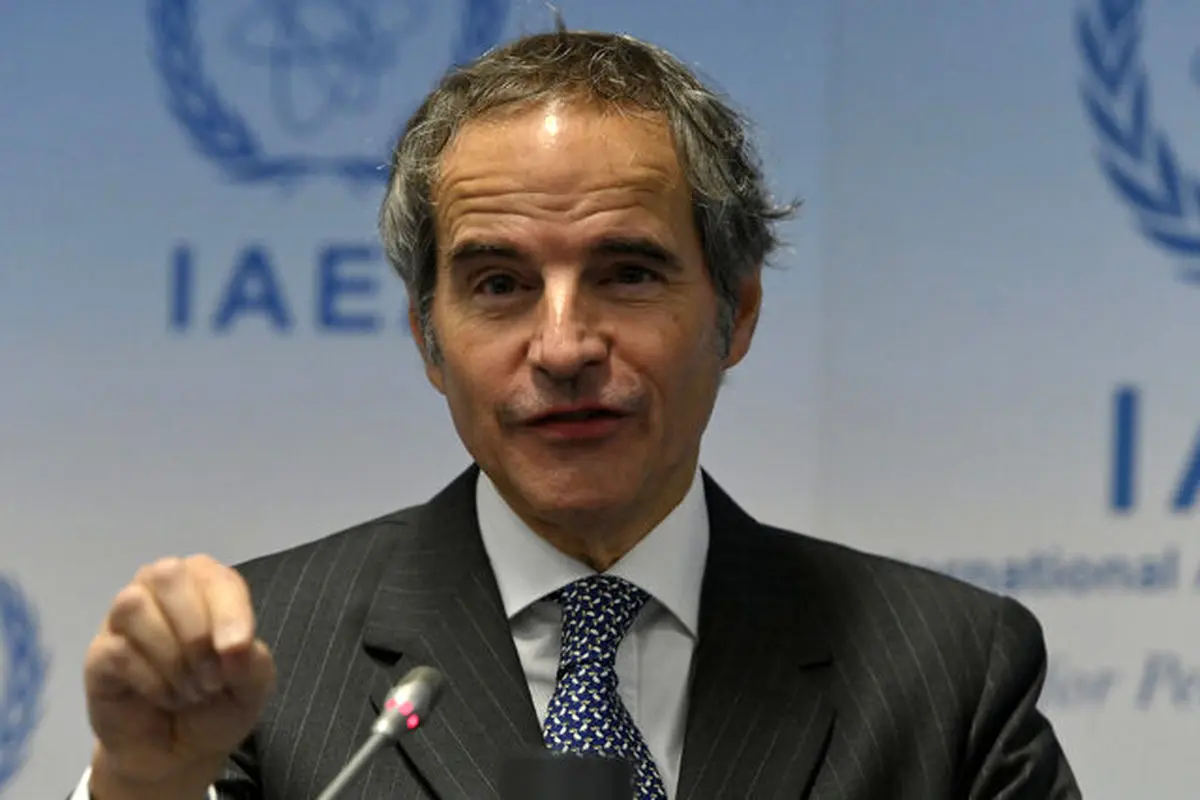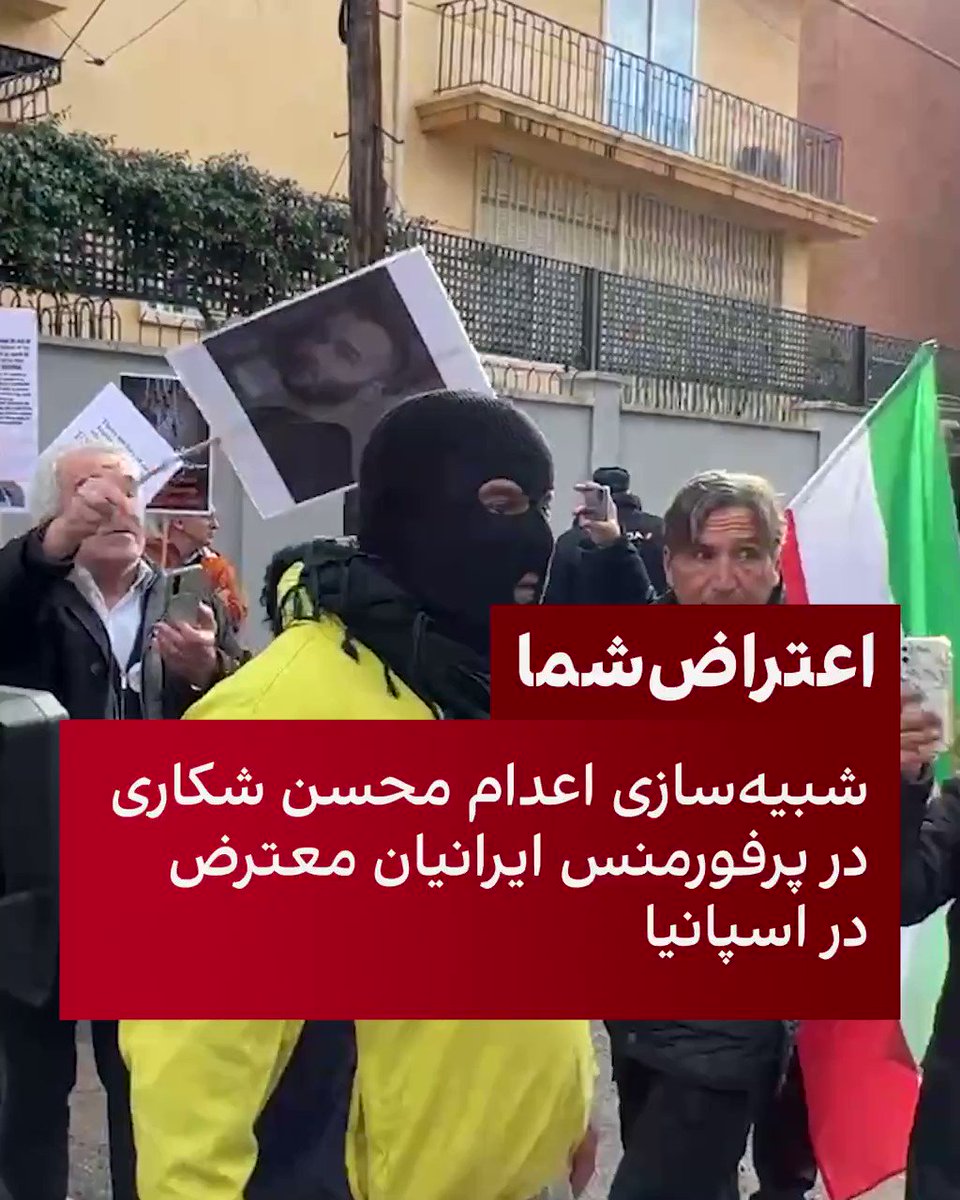When we talk about Iran Ejra, we're diving into a topic that's both complex and deeply rooted in the legal framework of Iran. This isn't just about understanding a term; it's about grasping the mechanisms behind Iran's judicial system and how it handles one of the most controversial aspects of law enforcement. In this article, we'll break down everything you need to know about Iran Ejra, ensuring you're well-informed on this crucial subject.
You might be wondering, what exactly is Iran Ejra? Well, buckle up, because we're about to take you on a journey through the corridors of Iran's legal processes. It's not just a term thrown around in political discussions; it's a real-life system that affects countless lives. Understanding it means understanding a significant part of Iran's judicial operations.
Before we dive deep, let's set the stage. This article isn't just about definitions. We're here to explore the intricacies, the implications, and the global reactions to Iran Ejra. So, whether you're a legal enthusiast, a political science student, or just someone curious about the world around you, this guide is for you.
Read also:Ferguson Films Steps Up To Support Brenda Ngxoli Amid Heartbreaking Abuse Allegations
Understanding the Basics of Iran Ejra
Iran Ejra, at its core, refers to the execution process carried out by the Iranian government. It's a term that carries heavy implications, often sparking debates on human rights and justice. But what does it really mean? In simple terms, it's the official procedure through which capital punishment is carried out in Iran.
How Does the Process Work?
The process isn't as straightforward as one might think. It involves multiple stages, each with its own set of rules and regulations. Here's a quick breakdown:
- Initial Trial: The accused is brought to trial, where evidence is presented.
- Appeals: There's an opportunity for the accused to appeal the decision.
- Final Decision: If the appeals are unsuccessful, the final decision is made.
- Execution: The final stage, where the sentence is carried out.
This process is heavily scrutinized, both domestically and internationally, for its fairness and transparency.
Historical Context
To truly understand Iran Ejra, we must look back at its historical roots. The practice of capital punishment in Iran dates back centuries, evolving with the legal systems of the country. Understanding this history helps us appreciate the current context better.
The Legal Framework Behind Iran Ejra
Iran's legal system is unique, blending Islamic law with modern legal principles. This framework governs the Ejra process, dictating everything from the types of crimes punishable by death to the methods of execution.
Key Laws and Regulations
Several laws play a crucial role in the Ejra process:
Read also:Ltido Turns 40 A Special Milestone Celebrated By Fans And Celebs
- The Islamic Penal Code: This code outlines the crimes and punishments, including capital offenses.
- Constitutional Provisions: These provide the legal basis for the judicial system.
- International Treaties: Iran is a signatory to several human rights treaties, which influence its legal practices.
These laws work together to form the backbone of Iran's judicial system, guiding the Ejra process.
Recent Legal Reforms
In recent years, there have been efforts to reform the legal framework surrounding Ejra. These reforms aim to address international concerns and improve the fairness of the judicial process. While progress has been made, challenges remain.
The Controversy Surrounding Iran Ejra
Iran Ejra is a highly controversial topic, sparking debates worldwide. Human rights organizations and international bodies have criticized the practice, citing concerns over fairness and human rights.
Human Rights Concerns
One of the main concerns is the fairness of trials. Critics argue that trials are often rushed, with insufficient opportunities for appeal. Additionally, there are concerns over the treatment of minors and the use of torture to extract confessions.
International Reactions
International reactions to Iran Ejra have been mixed. While some countries support Iran's right to enforce its laws, others strongly oppose the practice, calling for reforms. This divide highlights the complexity of the issue.
Public Perception and Media Coverage
How does the public perceive Iran Ejra? Media coverage plays a significant role in shaping opinions. Both domestic and international media outlets report on Ejra cases, influencing public perception.
Domestic Perspective
Within Iran, opinions are divided. Some support the practice, viewing it as a necessary deterrent to crime, while others call for reform, advocating for a more humane legal system.
International Media
International media often focuses on the negative aspects of Ejra, highlighting human rights abuses. This coverage can influence international policy and diplomatic relations.
Impact on Society
The impact of Iran Ejra extends beyond the legal system, affecting society at large. It shapes public opinion, influences policy, and affects international relations.
Social Implications
Socially, Ejra can instill fear, acting as a deterrent to crime. However, it can also lead to unrest and protests, as seen in various instances across Iran.
Political Implications
Politically, Ejra affects Iran's standing on the global stage. It influences international relations and can impact trade and diplomatic ties.
Comparative Analysis: Ejra in Other Countries
While Iran's Ejra process is unique, it's not the only country practicing capital punishment. Comparing it with other countries provides valuable insights.
Differences in Legal Systems
Legal systems vary greatly from country to country. Some countries have abolished capital punishment altogether, while others, like Iran, continue to practice it. Understanding these differences helps us appreciate the complexities involved.
Global Trends
Globally, there's a trend towards the abolition of capital punishment. This trend is driven by human rights considerations and changing societal norms.
The Future of Iran Ejra
What does the future hold for Iran Ejra? With ongoing debates and reforms, the landscape is constantly evolving.
Potential Reforms
There are calls for significant reforms, focusing on improving the fairness of trials and reducing the number of capital offenses. These reforms could reshape the Ejra process significantly.
Predictions
Predicting the future of Ejra isn't easy, but one thing is certain: the global trend towards the abolition of capital punishment will continue to influence Iran's decisions.
Conclusion
In conclusion, Iran Ejra is a complex and multifaceted topic. It involves understanding legal frameworks, historical contexts, and social implications. While it's a controversial practice, it's also a crucial part of Iran's judicial system.
We encourage you to engage with this topic further. Leave your thoughts in the comments, share this article, and explore more content on our site. Together, we can foster a better understanding of the world around us.
Table of Contents
- Understanding the Basics of Iran Ejra
- The Legal Framework Behind Iran Ejra
- The Controversy Surrounding Iran Ejra
- Public Perception and Media Coverage
- Impact on Society
- Comparative Analysis: Ejra in Other Countries
- The Future of Iran Ejra
- Conclusion
Remember, the more we understand, the better equipped we are to make informed decisions. So, keep exploring, keep questioning, and keep learning.


